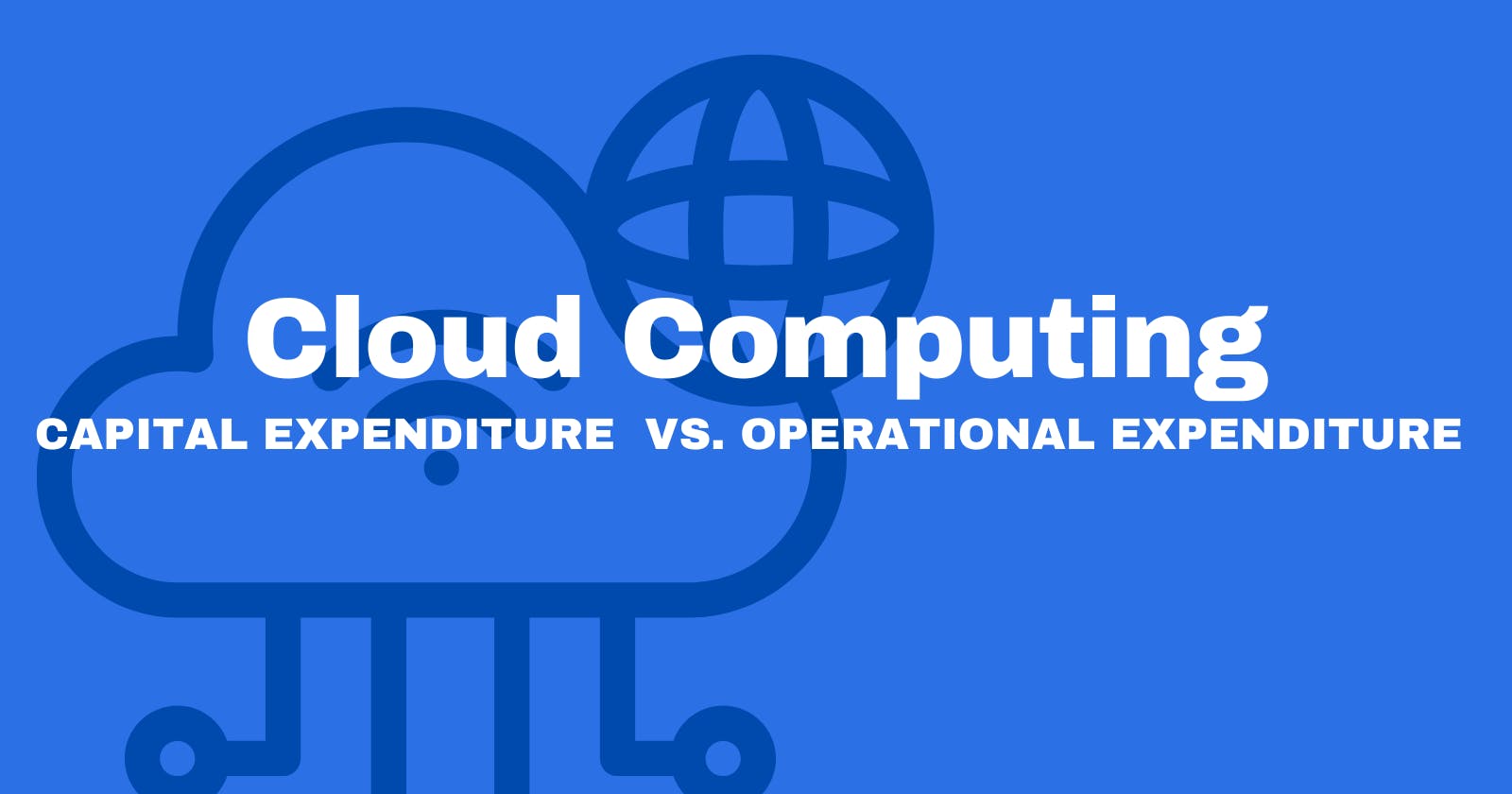In cloud computing, there are two primary ways to spend money: capital expenditure (CapEx) and operational expenditure (OpEx). Understanding these concepts is essential for navigating cloud costs and making informed decisions about your cloud journey.
Capital Expenditure (CapEx)
CapEx is the one-time cost of setting up your cloud infrastructure, like servers and data centers.
Pros of CapEx
You have complete control over your physical assets.
Once your infrastructure is set up, costs become more predictable.
CapEx decisions involve long-term planning and potential cost savings.
Cons of CapEx
This approach can be restrictive for businesses with limited budgets.
Scaling your infrastructure requires additional investments.
Unexpected maintenance or upgrades can disrupt operations and increase costs.
Operational Expenditure (OpEx)
OpEx is a Pay-as-you-go model. With cloud computing, you pay for the services you use, like storage, computing power, and other resources.
Pros of OpEx
You only pay for what you use, making it a budget-friendly option. Cloud services are elastic, allowing you to easily scale resources up or down as your needs fluctuate.
Cloud providers handle infrastructure management, freeing your team to focus on core business objectives.
OpEx cloud spending adapts to growth without large upfront investments.
Cons of OpEx
Costs can accumulate over time, especially with significant usage increases.
Some organizations may prefer more control over their infrastructure.
Continuous monitoring is essential to ensure you are optimizing your cloud spending.
Choosing the Right Path
The best approach – CapEx or OpEx – depends on your specific needs. Consider factors like:
Budget: CapEx can be cost-effective in the long run, but requires a significant upfront investment. OpEx is more flexible for tight budgets.
Scalability Needs: How much does your resource usage fluctuate? OpEx offers easy scaling for businesses with variable needs.
Control Requirements: Do you need complete control over your infrastructure, or are you comfortable relying on a cloud provider?
